AIRLINES
Innovative Airlines
Leading the Way in Sustainability

The Role of Airlines in Greenhouse Gas Emissions
Air travel significantly contributes to greenhouse gas emissions, accounting nearly for 3% of global carbon dioxide (CO2) emissions.
If not addressed, this figure could triple by 2050.
Consequently, the aviation industry faces mounting pressure to diminish its carbon footprint and prioritize sustainability. Both airlines and governments are actively working to reduce emissions and promote sustainability.
Benefits of Airline Companies Investing in Carbon Offsetting
01
Reducing Greenhouse Gas Emissions
By taking measures to offset or reduce their emissions, airlines are playing a crucial role in combating climate change.
02
Commitment to Sustainability
This action helps enhance the airlines' reputation and attract environmentally-conscious customers.
03
Alignment with Regulations and Carbon Goals
This is crucial to ensure that companies remain competitive in an evolving regulatory landscape and meet global sustainability expectations.
Government Policies, Regulations and Carbon Goals
In 2016, the International Civil Aviation Organization (ICAO) adopted CORSIA, a global scheme to maintain international aviation carbon emissions at 2020 levels. Airlines must purchase carbon credits to offset excess emissions, aiming for carbon-neutral growth from 2020 onwards.
The Federal Aviation Administration (FAA) has published the United States Aviation Climate Action Plan, which outlines a whole-of-government approach to put the sector on a path toward achieving net-zero emissions by 2050.
The scheme is voluntary until 2027, when it becomes mandatory for international flights. ICAO aims to reduce net aviation CO2 emissions by 50% compared to 2005 levels by 2050 through technological advancements, operational improvements, and sustainable aviation fuels.
The World Economic Forum reports that sustainable fuels and carbon offsetting are at the core of the aviation sector's strategy to achieve net-zero emissions by 2050.
Airlines and Carbon Offsetting Worldwide
Many airlines have pledged to become carbon neutral by 2050 through a combination of strategies, including carbon offsetting.
Carbon Neutral Flights
Carbon offsetting involves funding projects that either prevent or reduce greenhouse gas emissions or capture greenhouse gases from the atmosphere in return for credits. Airlines can purchase these credits to offset their own carbon emissions from flights. This allows travelers to board a plane or run a business with a reduced carbon footprint.
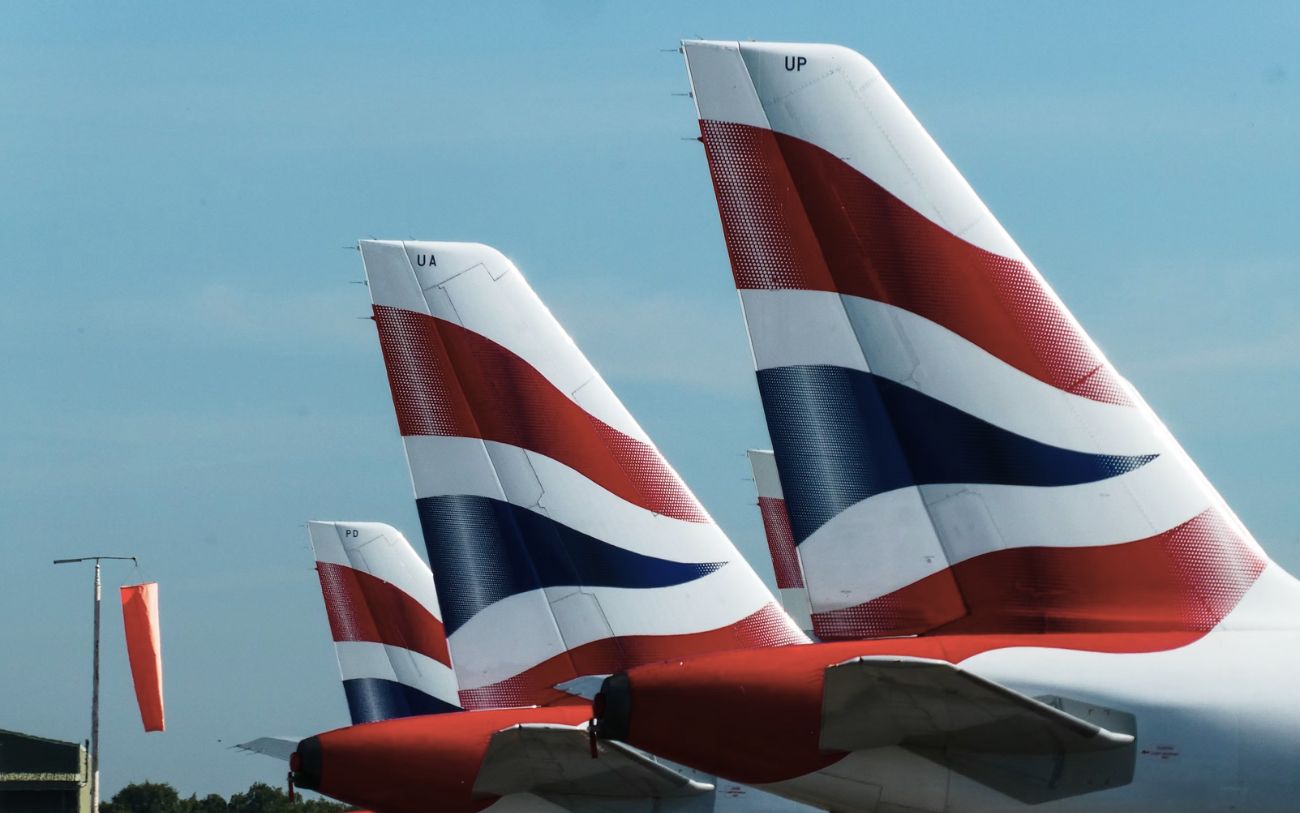
British Airways (UK)
The company offers carbon-neutral flights on select routes. The airline calculates the carbon emissions of the flight and then offsets it by investing in projects that reduce emissions elsewhere.
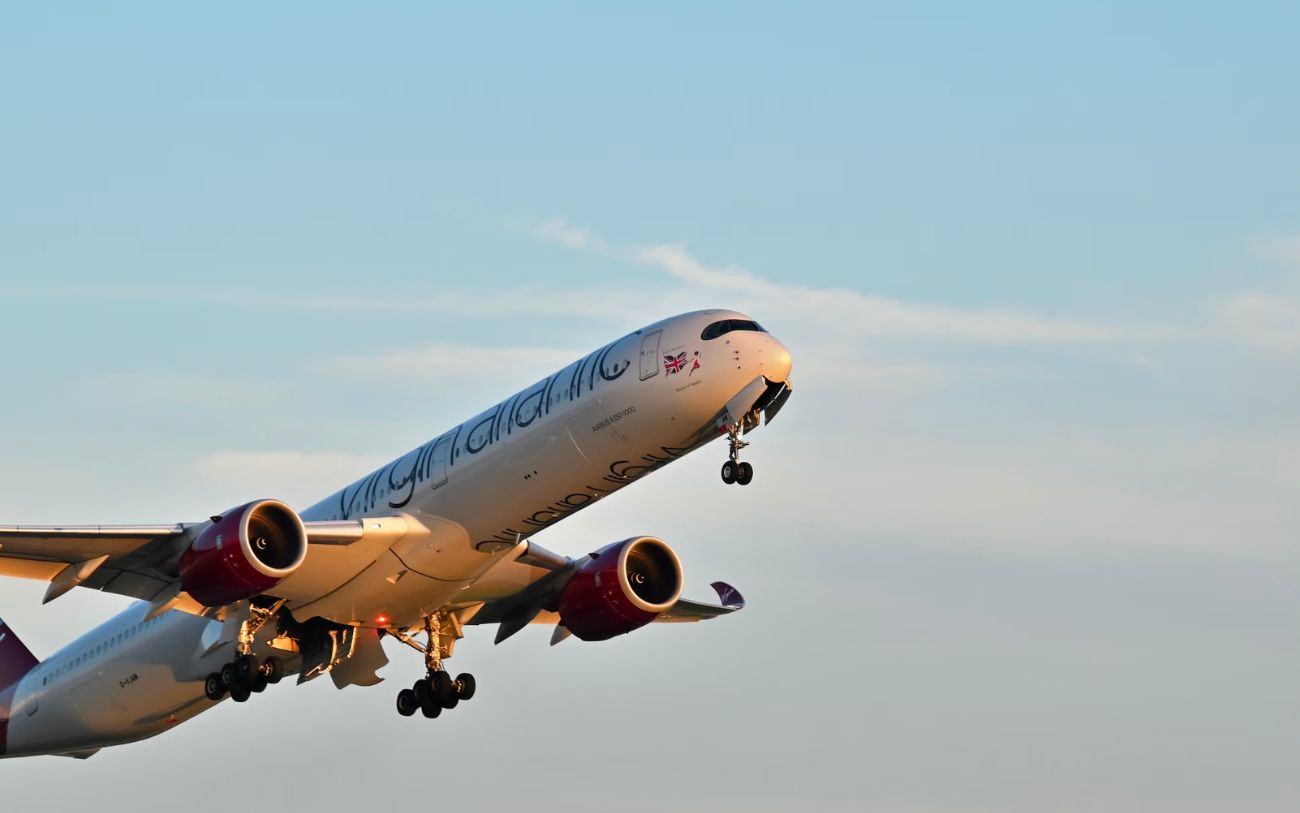
Virgin Atlantic (UK)
Is dedicated to achieving net-zero carbon emissions through three core approaches. (1) By investing in cleaner, (2) more fuel-efficient aircraft, using sustainable aviation fuel to cut CO2 emissions by up to 70% compared to traditional jet fuel, and (3) supporting high-quality carbon reduction projects, airlines offset their remaining emissions.
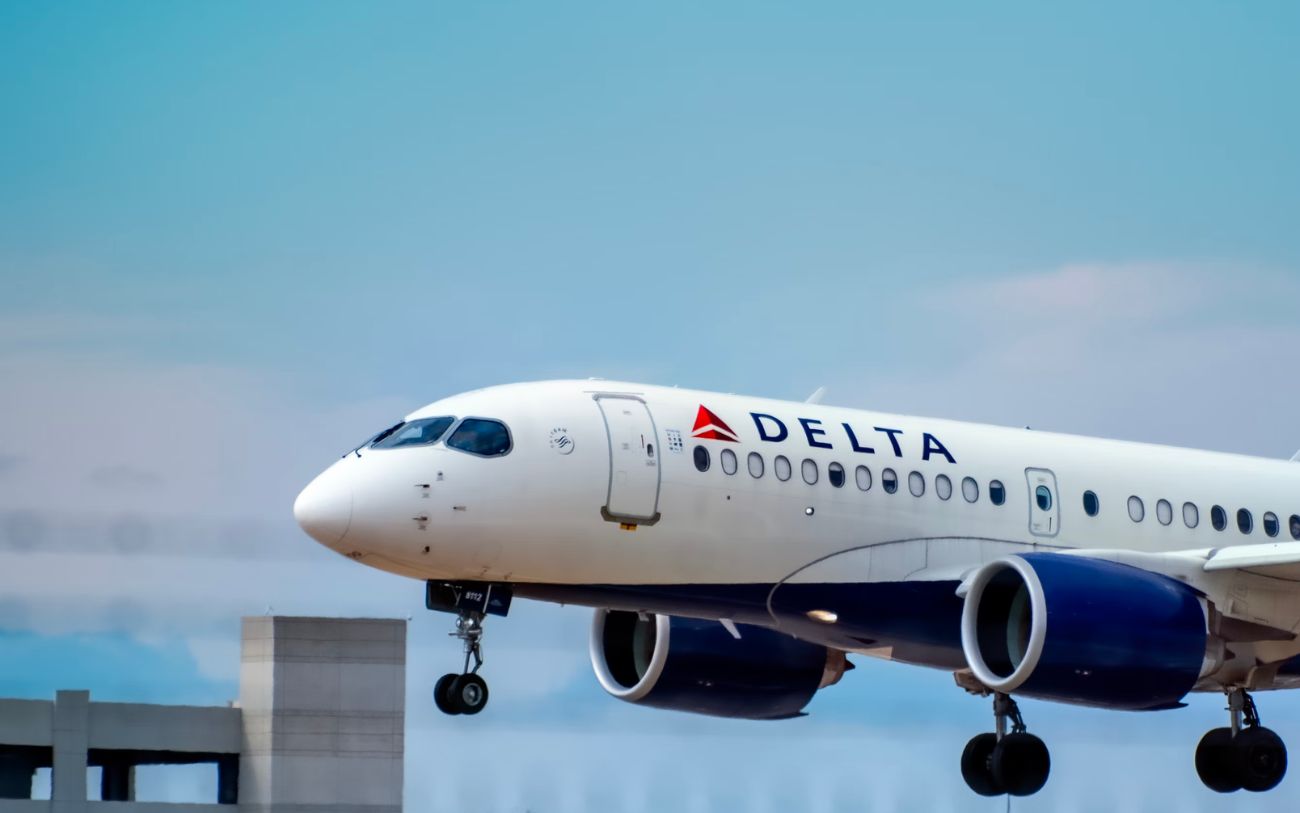
Delta Airlines (US)
Has committed to becoming carbon neutral by investing investing $1 billion over the next decade to achieve this goal. This also including forestry, renewable energy, and carbon capture initiatives.
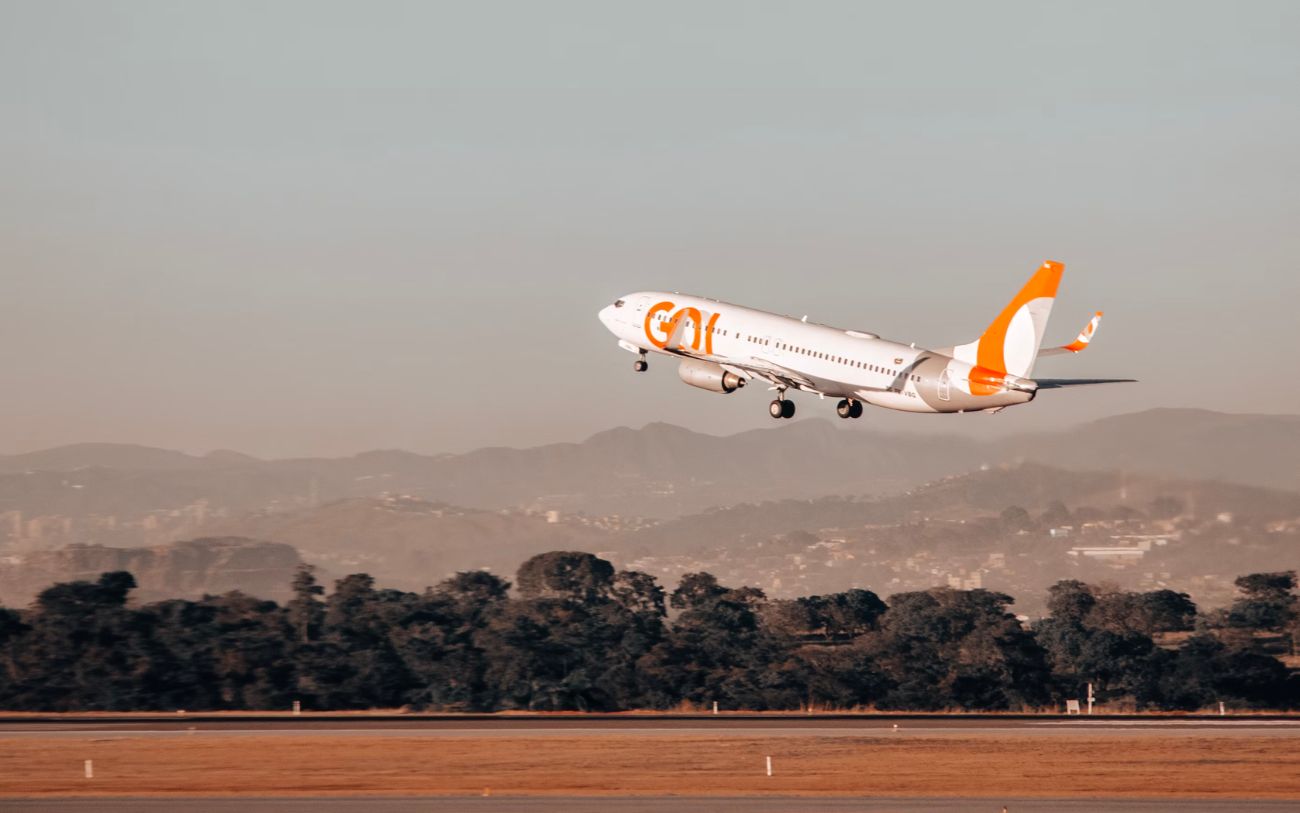
GOL Linhas Aéreas (BR)
The largest airline in Brazil and operator of the world's 5th largest Boeing fleet, was the first company in the Latin American aviation industry to allow passengers to offset the carbon footprint of their flights. Additionally, it launched the first two "carbon-neutral" flights in Latin America, with guaranteed offsetting for all passengers.
Investments in Renewable Energy
In addition to carbon offsetting, airlines are also investing in renewable energy sources such as solar and wind power.

Qantas (AU)
The airline has forged partnerships with a renewable energy company to procure renewable energy certificates for carbon emissions offsetting. Furthermore, it has made investments in a biofuel plant for the production of sustainable aviation fuel.
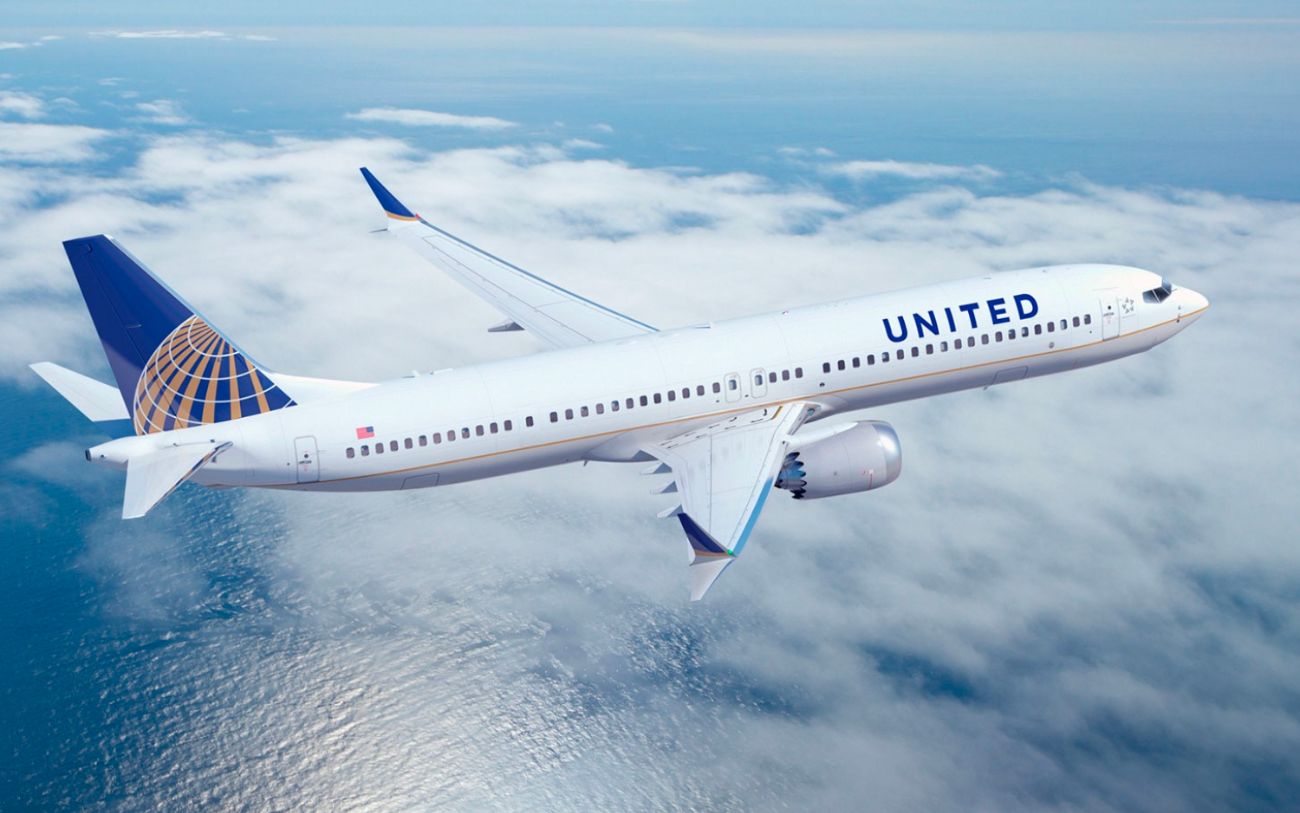
United Airlines (US)
Has invested in a project to produce sustainable aviation fuel from household waste. The airline has committed to purchasing up to 10 million gallons of this fuel per year, which is expected to reduce carbon emissions by up to 80% compared to traditional jet fuel.
Carbon offsetting and renewable energy investments are crucial airline strategies for reducing their carbon footprint and fostering sustainability.
Sources:
- Our World in Data. “Aviation and Climate Change.”
- The New York Times. “The Climate Crisis Is Worse Than You Can Imagine. Here’s What Happens If You Try.”
- The Washington Post. “The aviation industry is a significant contributor to climate change. Here’s what it’s doing about it.”
- Federal Aviation Administration. “United States Aviation Climate Action Plan.”
- Delta Air Lines. “Delta’s Commitment to Carbon Neutrality.”
- World Economic Forum. “Sustainable aviation fuels and carbon offsetting are at the core of aviation’s strategy to achieve net-zero emissions by 2050.”
- Carbon Clean Solutions. “Carbon Capture from Aviation.”
- British Airways. “Carbon Neutral Flying.”
- Virgin Atlantic. “Our Sustainability Strategy.”
- Delta Air Lines. “Delta’s Commitment to Carbon Neutrality.”
- Gol Linhas Aéreas. “GOL Linhas Aéreas Inteligentes Launches Carbon Offset Platform with Moss”
- Qantas. “Environment.”
- United Airlines. “Sustainable Aviation Fuel.”

